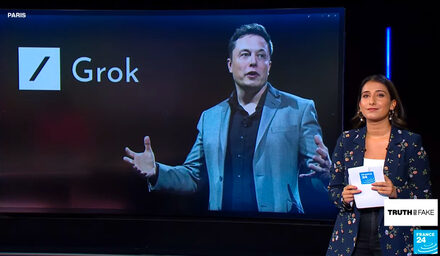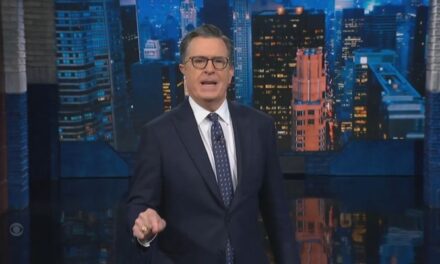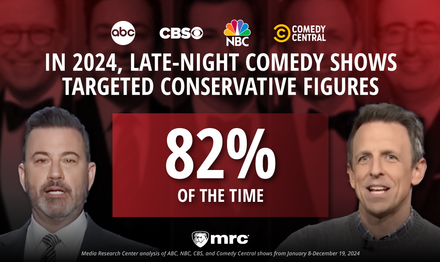We support our Publishers and Content Creators. You can view this story on their website by CLICKING HERE.
In addition to CNN’s defamation lawyer smearing a decorated two-star general in open court during Friday’s proceedings, it was the first time someone from CNN was called to testify in the $1 billion defamation trial against the network. Senior editor and fact-checker Fuzz Hogan was on the witness stand where he was belligerent with plaintiff’s counsel, oozed arrogance, defended CNN’s editorial practices, and actually admitted that CNN didn’t try to get in contact with the companies Navy veteran and Plaintiff Zachary Young worked for to get their people out of Afghanistan.
Hogan, who’s a member of CNN’s internally lauded “Triad” of editorial, legal, and standards & practices oversight personnel, described Young as “a shit” in a private message that two courts and four judges had said looked like “actual malice.”
In cross-examination with CNN’s lead counsel David Axelrod (not to be confused with the CNN commentator of the same name), Hogan agreed that he took “pride” in being a “fact-checker” for CNN. “We have a promise to the viewer that we’re going to tell them things that are true,” Hogan proclaimed.
But when getting questioned by plaintiffs co-counsel Joe Delich, Hogan admitted that neither he nor anyone at CNN bothered to reach out and ask any of Young’s clients about evacuation efforts, including their fellow news outlet Bloomberg:
DELICH: So, do you know whether anyone tried to find out whether Zachary Young had successfully evacuated anybody from Afghanistan?
HOGAN: I don’t know now, no.
DELICH: And you didn’t know then before you published it?
HOGAN: No. Sorry.
DELICH: And that’s because you didn’t think those things were relevant to the story, right?
HOGAN: I was a fact-checker then. So, my job was to check the facts in the story as asserted. So, the story’s accurate.
(…)
DELICH: You never called Bloomberg?
HOGAN: No.
DELICH: You never called Audible?
HOGAN: No.
Only fact-checking the “the facts in the story as asserted” by the reporter obviously causes issues when the reporter doesn’t do the real work. Then again, in a hearing in October, CNN was defending “half-ass” reporting, saying it should be protected from defamation suits.
Despite CNN plastering the word “black market” across their chyrons for the length of the report that allegedly defamed Young, and host Jake Tapper using those words, Hogan insisted to Delich it was not their intent to do so, even shouting at the lawyer in front of the jury (Click “expand”):
DELICH: So, there’s something really simple I’d like to resolve up front. Okay?
HOGAN: Sure.
DELICH: You agree with me that the story in this case reported that Zachary Young was operating in a “black market” right?
HOGAN: The text of the story did not do that. The banner and Jake Tapper’s lead in that did that.
DELICH: You agree that the banner was reporting that Zachary Young was operating on a “black market.”
HOGAN: The situation in Afghanistan was a black market, but sure. [Laughter]
(…)
DELICH: You agree that the story was reporting that Zachary Young was operating in a “black market,” correct?
HOGAN: Yes.
DELICH: And you agree that’s what you intended the story to say right?
HOGAN: No.
DELICH: Isn’t true you intended to describe the situation Mr. Young was operating in as a “black market?”
HOGAN: The text I approved did not include the phrase “black market.”
DELICH: But didn’t you intent to describe the situation Mr. Young was operating in as a “black market?”
HOGAN: No. I’m having trouble understanding your question, but keep going.
(…)
DELICH: So Mr. Hogan, you agree that you intended to describe the situation Mr. Young was operating in as a black market?
HOGAN: Not in the story!
Delich seemed to catch Hogan in a contradiction and pulled out a copy of Hogan’s deposition testimony where he admitted it was his intention. “I intended to describe the situation he was operating in as a black market, as well as the other operators and the families we profiled,” Delich read back to Hogan.
Hogan also claimed he was unaware that CNN had actually issued an apology to Young for using the term “black market” against him. “I thought it was a correction, but okay,” he said. “Wasn’t aware of that correction either.”
“Do you recall in that correction that CNN – it said ‘CNN did not intend to suggest Mr. Young was operating in black market?” Delich asked. “Believe it or not, I have not yet read the correction, so I’ll trust you on that,” Hogan said, despite the correction/apology being issued three years ago.
During cross-examination with Axelrod, Hogan went from arguing that it wasn’t his intent to use “black market” to saying the term was a correct one to use. Hogan claimed the report against Young was “fair” and that “black market” was not a “negative description” but rather a “setting” the events were happening in.
Hogan also testified that he disagreed with CNN’s apology to Young.
One of the written questions from the jurors put Hogan on the spot. They wanted to know why wasn’t CNN’s apology as widespread as the offending report (earlier in the trial they were shown that the segment aired on six shows from CNN and CNNI). Hogan didn’t really have a good answer, arguing that it was aired on the initial show, The Lead with Jake Tapper.

 Conservative
Conservative  Search
Search Trending
Trending Current News
Current News 





